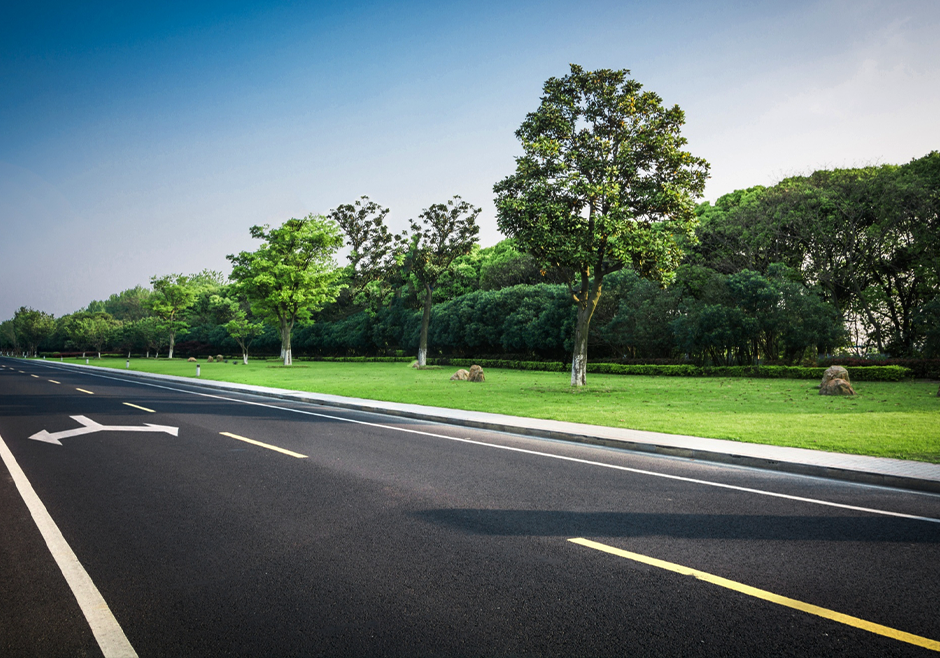10/20 Mastic Asphalt
| Parameter | Description |
|---|---|
| Type | 10/20 Mastic Asphalt |
| Aggregate Size | 10 mm to 20 mm |
| Binder | Asphalt Cement (Penetration Grade) |
| Binder Content | 7-10% by weight of total mix |
| Void Content | Approximately 5-10% |
| Softening Point | 70-80°C |
| Temperature Range | 180-220°C |
| Thickness Range | 15-25 mm |
| Application | Hand Lay or Machine Lay |
Other Features:
Aggregate Size: The aggregate size of 10/20 mastic asphalt typically ranges from 10 mm to 20 mm, providing a textured surface suitable for various applications, including roads, bridges, and car parks.
Binder: It is typically composed of asphalt cement, selected based on penetration grade to ensure optimal adhesion and durability.
Binder Content:The asphalt binder content typically ranges from 7% to 10% by weight of the total mix, ensuring adequate binding properties and cohesion.
Void Content: 10/20 mastic asphalt typically contains approximately 5% to 10% voids, providing space for thermal expansion and contraction, improving flexibility, and reducing the risk of cracking.
Softening Point: The softening point of 10/20 mastic asphalt ranges from 70°C to 80°C, indicating its ability to withstand high temperatures without deforming or softening excessively.
Thickness Range: The recommended thickness for 10/20 mastic asphalt typically ranges from 15 mm to 25 mm, depending on the specific application and traffic load requirements.
Application: 10/20 mastic asphalt can be applied using both hand lay and machine lay methods, offering flexibility in installation and accommodating different project requirements.
Advantages:
Durability: 10/20 mastic asphalt offers excellent durability, resisting deformation and wear even under heavy traffic loads, resulting in long-lasting pavement surfaces.
Waterproofing: Its dense composition and low void content make it highly resistant to water ingress, preventing moisture damage and extending the service life of the underlying structure.
Skid Resistance: The textured surface provided by the aggregate size of 10/20 mm enhances skid resistance, improving safety for vehicles and pedestrians, especially in wet conditions.
Versatility: It can be used in various applications, including roadways, cycle paths, footpaths, and bridge decks, providing a versatile solution for different infrastructure projects.
Rapid Installation: 10/20 mastic asphalt can be applied quickly and efficiently, minimizing disruption to traffic and reducing construction time, resulting in cost savings for project owners.
Sustainability: Mastic asphalt is a recyclable material, and its longevity reduces the need for frequent repairs and replacements, contributing to environmental sustainability.

Overall, 10/20 mastic asphalt offers a durable, waterproof, and skid-resistant surfacing solution suitable for a wide range of applications, providing both performance and cost benefits for infrastructure projects.